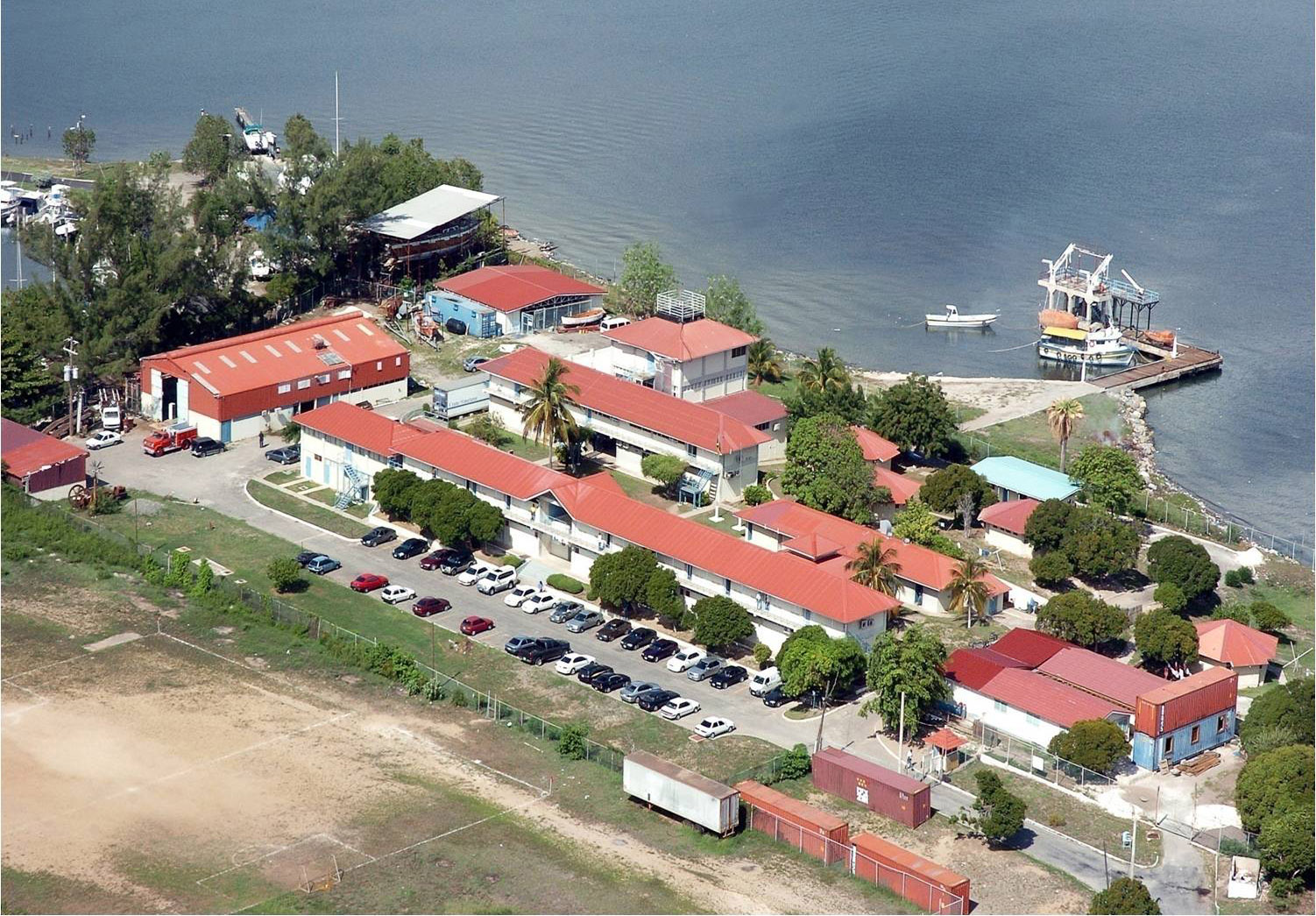… to start construction of FACT Centre
2017, March 1: On Tuesday January 24, 2017 Jamaica’s House of Representatives approved the ‘Caribbean Maritime University Bill 2016’ thereby clearing the way for the Kingston-based Caribbean Maritime Institute to become a university. The lengthy process through the Jamaican parliament, initiated by a previous Jamaican government, will continue with debate and approval of by Senate, after which it will be signed into law by the country’s Governor General. The process is expected to be completed well before the end of the current calendar year.
Already a degree-granting college, the status of university will allow the Caribbean Maritime Institute to expand and deepen its programmes of preparing Caribbean maritime personnel to achieve professional excellence.

“Even before accreditation had been granted in Jamaica, overseas tertiary institutions have accepted CMI students into their graduate programmes. It’s producing graduates who are work ready and also producing graduates who are ready for postgraduate studies,” said Jamaica’s previous Minister of Transport when he introduced the bill to Parliament in January 2016. His successor, Minister of Transport and Mining Mike Henry, in piloting the bill through its final stages in the lower house of parliament said the legislation provides an opportunity for the CMI to present itself as a ‘niche market university’ and, thereby, enroll more foreign students.
Professional standards
The institute, with a total current enrollment of 3,500 students was established in 1980 as the Jamaica Maritime Training Institute, through bilateral cooperation between the governments of Jamaica and Norway. The objective of that fledgling institution was to produce skilled seamen to operate the five ships in Jamaica Merchant Marine’s fleet. It has since expanded its programmes and horizons, providing maritime training for an international student body.
“All our degrees, we align them with professional standards because this is what the world is looking for, people who can produce in the professional space, so that’s part of our new mandate. So, we follow the market, unlike other institutions that create a programme, then go and look for students to come in the programme and then you find the programme is misaligned to the industry. We go to the industry first, find out what their needs are and work backwards and create the training programmes. This explains why we have the highest placement of graduates among all the tertiary institutions throughout Jamaica despite the recession, because we position our people for the global marketplace,” said Executive Director Fritz Pinnock.
Last year, in preparation for its new status of university, the CMI built new teaching facilities and enhanced its campus residential facilities. It also increased its student intake by over 30% across all schools.

In the year ahead, CMI will improve its tuition capabilities. Plans are for the procurement of smart classrooms to drive modernization; the building of new integrated laboratories; acquisition of new training equipment including simulators; and, the establishment of a Festo Automated Certifying and Training (FACT) Centre.
FACT Centre
“We have sought assistance to establish and operate, on the Institute’s campus, an internationally acclaimed training facility, a Festo Didactic Laboratories to recruit and equip future professionals with the tri-modal (land air and sea) related industries and to train and certify engineers (in particular) at all levels, to global standards. This facility, which is funded by the PetroCaribe Development Fund, is valued at three million US dollars. It will serve not just Jamaica but the Caribbean and the Western Hemisphere. In fact, it will be open to world-wide enrollment to meet the growing need for engineers. The Festo project is a key component to the transition to university and exemplifies the strength of partnerships,” CMI Executive Director Fritz Pinnock stated.
In addition to standard Festo certified courses, students will also be able to pursue two Bachelors of Engineering programmes and two Masters programmes – Bachelor and Masters in Mechatronics and Bachelor and Masters in Automation. Other new programmes for the 2017 academic year are Doctoral studies in Philosophy (offered in collaboration with Mopko National Maritime University of South Korea, a Bachelor of Science in Marine Biotechnology and another in Cyber Security and Digital Forensics.
Festo Didactic is considered one of the world’s leading providers of equipment and solutions for technical education. Its product and service portfolio offers holistic education solutions for all areas of technology in factory and process automation in a vast range of disciplines including pneumatics, hydraulics, electrical engineering, production technology, mechanical engineering, mechatronics, CNC, HVAC and telecommunications.
CMI says its initiatives in the coming year will further assist the institution to establish itself as a specialized maritime university, meeting the growing need for education and customized training. It plans to further increase student enrollment to meet industry demand by introducing new study programmes and expanding existing ones; and, to expand its international network of partnerships. []





